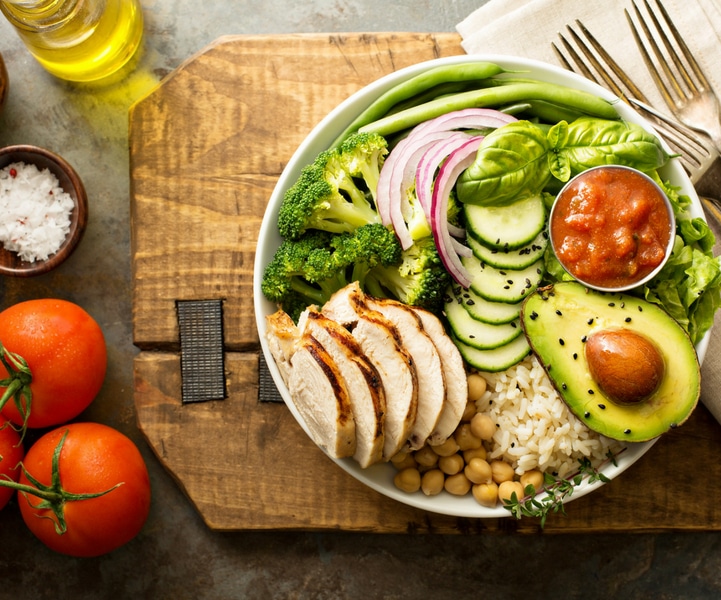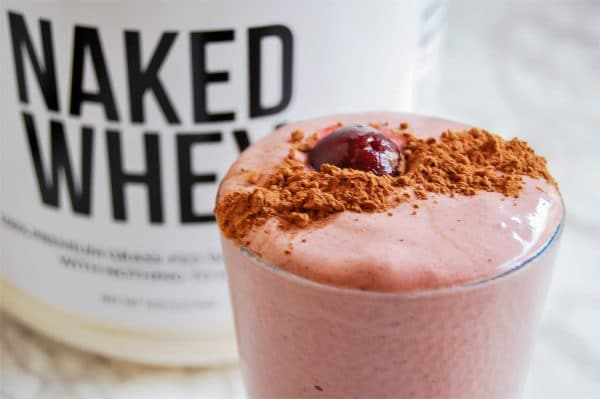Before we delve into why it is so important to fill yourself after a workout, let’s take a look at the basic idea behind it. The first thing that you need to remember is that your body processes nutrients differently at different times. Secondly, consuming the right combination of nutrients during the post-workout window will improve your performance and recovery in the best way possible.
The Purpose of Post-Workout Nutrition

Any kind of workout that challenges your stamina and targets muscle building needs fuel to stay pumped up. That is why it is recommended to sip BCAA solutions during your exercises. These branched-chain amino acids cannot be produced by the body and you need these the most while your muscles are under stress. Taking these protein solutions from myfitnesshub will fill the nutritional gaps of a complete and varied diet. However, after your workout is complete, your body is in a critical state where it can start breaking down your protein reserves. A healthy post-workout meal can prevent that by:
- Replenishing glycogen
- Improving protein synthesis
- Aiding muscle repair
- Boosting the body’s ability to burn fat instead of muscle
Fueling Up!
Exercise, both strength and endurance training, is a desired physiological stressor. Symptoms like muscle soreness and increased appetite indicate that you need to fuel up the body’s depleted resources. On one hand, exercise breaks down your muscles at a microscopic level but on the other hand, the right fuel repairs that damage by winding the muscle fibers in a stronger, bigger and more condensed form. In other words, this remodeling processes ensures stronger, rock-hard muscles and spiked metabolism in the long run.

Regardless of your chosen form of exercise, you need to feed those hungry muscles immediately in order to prevent any undesired damage. Here’s a breakdown of nutrients and the way they function as a post-workout meal.
- Protein: This is the key element that your body craves after lifting all those weights incessantly. So, your post-workout meal should comprise of 20-40 gms of protein that would serve as the building blocks for those torn muscle fibers. There are many protein supplements available in the market for you to choose from, just according to your taste too.
- Carbs: Your body’s glycogen stores are used as fuel during exercise. Including carbs as a part of your post-workout meal helps replenish that glycogen while improving both protein and glycogen synthesis.
- Fat: Including a little bit of good fat like whole-cream milk or nuts does not inhibit protein or glycogen synthesis. Instead, it would help you feel fuller and satiated, killing any unhealthy cravings you might have.
The Timing
Most health experts recommend eating your post-workout meal within 45 mins of exercising. It is also important to opt for easily digested foods to prevent any delay in nutrient absorption. Ideally, you should snack on liquid supplemental formulas containing fast-digesting protein and carbs. These are quick, handy and highly effective. These also get absorbed faster than solid foods providing much-needed muscle nourishment in just 30-60 minutes.

It is important to note that the faster your muscles get the protein and carbs, the better are your chances of muscle building and recovery post-workout. While liquids like smoothies and whey protein solutions make the best use of that “window of opportunity”, whole foods tend to miss that crucial timing.

What do you usually reach for after you’re done exercising? Do you tend to skip or delay your post-workout meal? Let us know how you plan to make positive changes to your body!

